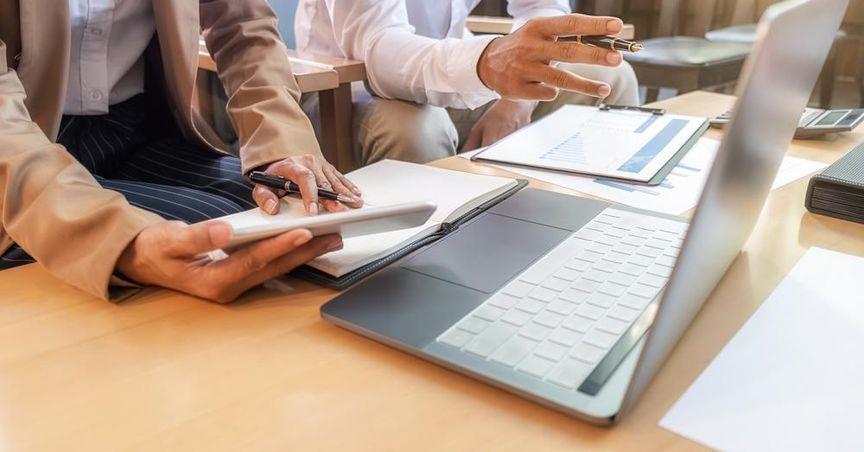Highlights:
- Aimed at alleviating poverty by providing financial aid to low-income families.
- Conditional on children attending school and receiving vaccinations.
- Currently the largest program of its kind in the world.
The Bolsa Família program, which translates to "Family Allowance," stands as a key initiative in Brazil’s effort to combat poverty and inequality. Launched in 2003 by President Luiz Inácio Lula da Silva as part of the broader Fome Zero (Zero Hunger) program, Bolsa Família is a conditional cash transfer program that provides financial assistance to low-income families. Its primary goal is to break the cycle of poverty by not only offering financial support but also encouraging education and health improvements for the next generation.
Bolsa Família operates on the principle of conditionality: families receive financial aid only if they meet specific requirements that aim to improve their children’s future prospects. The most critical conditions for participation in the program are that children must regularly attend school and stay up to date with vaccinations. This conditional structure ensures that the program does more than just offer financial relief—it also contributes to the long-term development of children, promoting both educational attainment and public health.
The financial support provided by the Bolsa Família program is essential for millions of Brazilian families who live below the poverty line. The program focuses on families with children, targeting those who are most vulnerable and at risk of falling further behind. By addressing the immediate needs of low-income families, Bolsa Família reduces the economic pressure on households, enabling parents to focus on other aspects of their lives, such as their children's education and health.
One of the most striking features of Bolsa Família is its scale. As the largest conditional cash transfer program in the world, it has reached over 13 million families, or roughly a quarter of Brazil's population. This widespread reach allows the program to make a significant impact on poverty reduction, helping lift millions of people out of extreme poverty and providing them with the means to improve their quality of life. The success of Bolsa Família has garnered international attention, serving as a model for similar programs in other countries, particularly in Latin America and Africa.
In addition to its direct impact on poverty alleviation, Bolsa Família has had important secondary effects on Brazil’s social and economic landscape. The program has contributed to the reduction of income inequality and the improvement of access to basic services, such as healthcare and education, in underserved areas. It has also helped stimulate local economies by increasing the purchasing power of families, which in turn benefits small businesses and communities.
However, like any large-scale welfare program, Bolsa Família is not without its challenges. Critics argue that while it helps reduce poverty, it may not address the root causes of inequality or provide a sustainable path out of poverty in the long run. Some also raise concerns about dependency on government assistance and the potential for misuse of resources. Despite these challenges, Bolsa Família remains a cornerstone of Brazil's social welfare system and a vital lifeline for millions of families.
In conclusion, the Bolsa Família program is a landmark initiative in the fight against poverty and inequality in Brazil. By offering direct financial aid to low-income families under the condition that children attend school and receive vaccinations, the program encourages long-term investments in education and health. Its success as the world’s largest conditional cash transfer program showcases its effectiveness in improving the lives of Brazil’s most vulnerable populations and serves as an inspiration for similar efforts worldwide. While challenges remain, the program’s positive impact on millions of families cannot be overstated, as it continues to shape Brazil’s approach to poverty reduction and social welfare.




